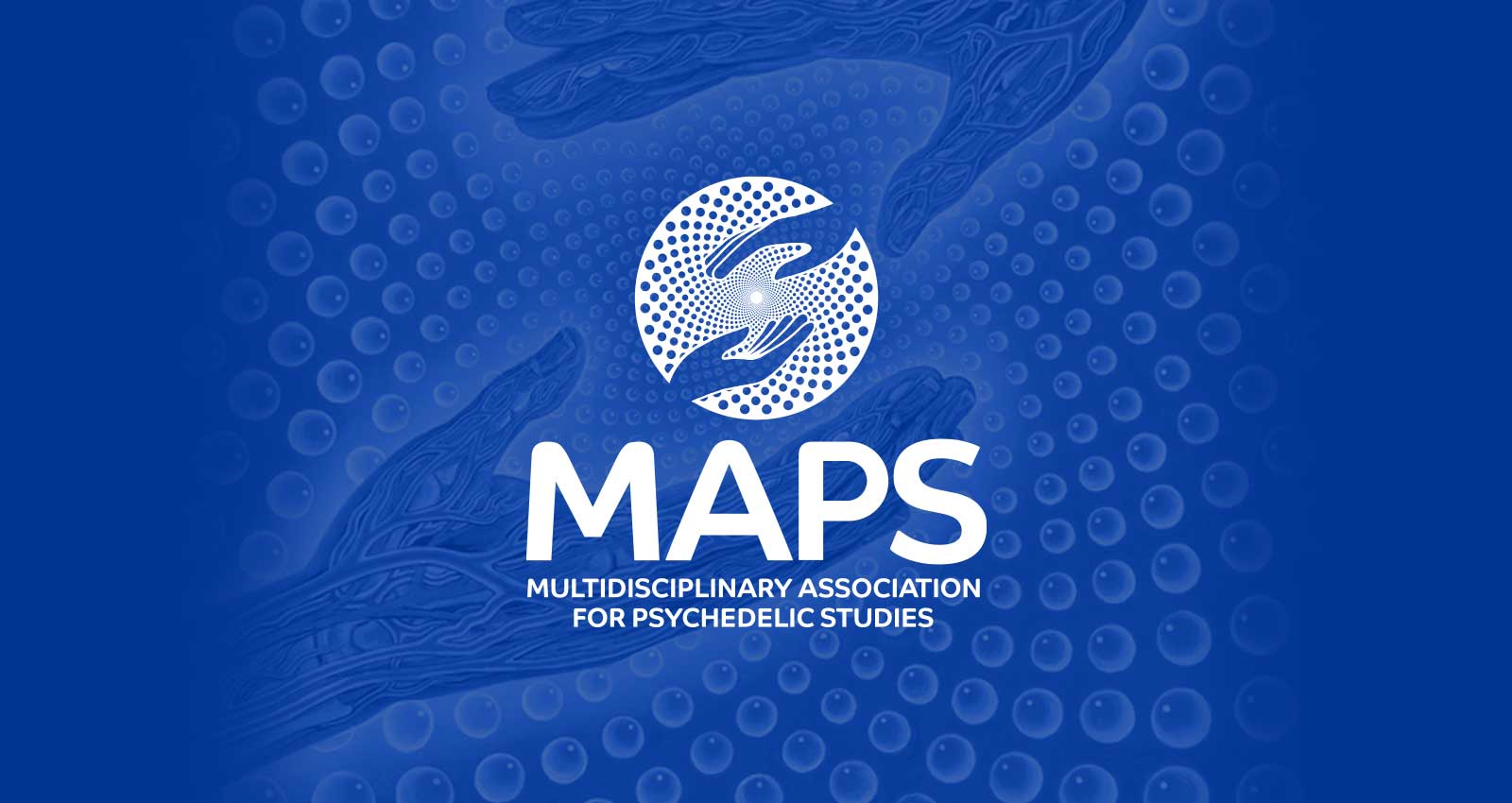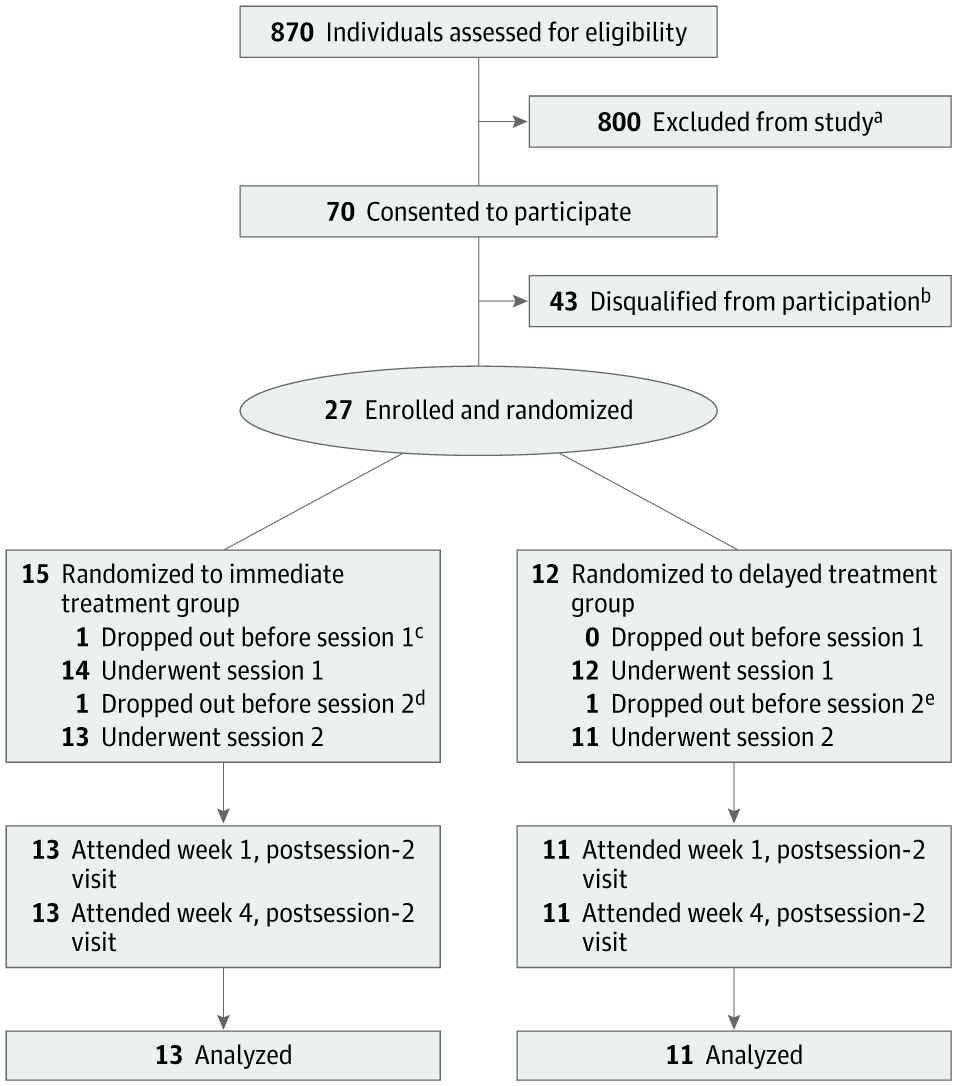A former client who decided to use it impulsively had such a powerful spiritual experience on it that the client stopped using alcohol/drugs and went straight to AA meetings solidly for several months and it lifted any sense of depression for about the same duration. It was an “aha” moment/experiencefor them, as powerful hallucinogens can do when you think of them being used by shaman for thousands of years for ritualistic healing purposes and for visions.
In my region there is an organization that funds direct research on the therapeutic use of hallucinogens and conducts clinical trials, but as others have said, we need more research. That said, one can figure out quickly whether they got the real or fake mushrooms/pills if they’ve been told you may experience hallucinations but then don’t start to hallucinate, so there’s not really a way to double blind effectively at a full dose. They’re trying to research microdosing as well to prevent the sensory disturbance aspect.
It will be interesting to see this develop as more research is published. My interest comes from my anthropology background and our long history of ritual, religious/healing use of hallucinogens in tribal practice. I wonder about removing that sort of essential piece from other cultures and distilling the chemical composition only rather than the practice. That said, some folks in the psychology community are attempting to create/standardize a practice of therapeutic guidance during a hallucinogen experience, now trying to take on the role of shaman in Western Culture and trying to shape that experience to our own norms.
I’m interested to see how successful or unsuccessful this will be. It’s garnering increasing interest, but may just be a fad.



